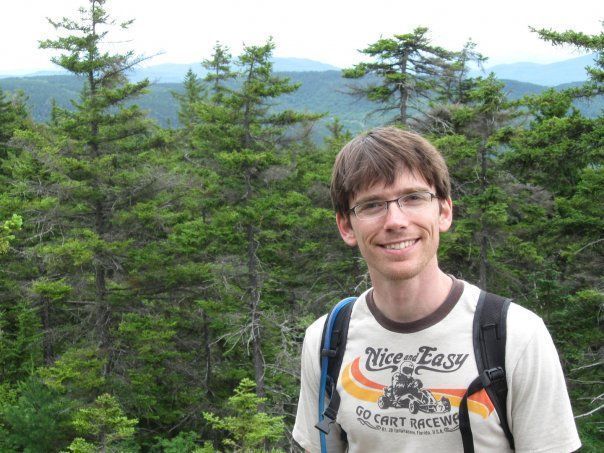Some information may be outdated.
Some love stories don’t end happily ever after.
Raised in the 40s in rural New Hampshire, my mother worked a large family farm alongside 10 brothers and sisters. Seventy-eight relationships between 13 people makes for a complex household. When they weren’t arguing or pestering each other, the children candled eggs and shoveled manure and stored hay for the horses and weeded a garden large enough to feed 11 children aged two through 22. My old-school Irish grandfather, keen on the sport of boxing as its popularity soared in the 1950s, laced gloves onto the boys’ fists and made them duke it out when tempers rose – and sometimes just for sport. It was a hard life that took a toll on all, but especially on the girls. Two of my aunts died tragically as young adults.
Always, my mother loved horses. They saved her. Between chores and fighting for food at mealtimes, mom rode their old mare out into the woods to cover miles of logging trails, bareback and free. She understood equine temperament. She talked her brother into buying a saddle to share and read every horsey book she could find.
Upon leaving the farm and graduating from nursing school, my mother struck out into a life without horses that ranged from New York City to Barstow, California. It didn’t last. A few years later, she settled down again in New Hampshire to make a family of her own. Soon, two horses and a pony filled the stable. Saddles and bridles and bits proliferated in the tack room. My mother was at home once more – throwing hay bales and riding for miles through the woods of East Andover.
By the time she turned 68, my mother had spent 63 years on horseback. She competed in dressage and jumping. She organized group rides with friends across New England. She acted as a judge at regional cross-country races. She found an Andalusian mare to breed. She was thrown and trampled and bitten and nearly drowned, her financial health stretched to the limit by foaling complications and vet bills, and she loved it all.
Horseback riding saw her through divorce. It saw her through the deaths of parents and siblings. Her love of horses defined who she was and wanted to be. She sometimes acted like a horse, wild and ready to run in heart and body when a mysterious fancy struck her, and she definitely often smelled like a horse.
Since she was old enough to walk, my mother lived and breathed horses.
Until last year.
At 68, she found herself on a trail ride with a clutch of young companions. Dulce, her spirited Andalusian, wouldn’t calm down in the presence of unfamiliar horses. He skittered sideways, tossed his head, and spooked at things that never before made him flinch. A new calculation took shape in my mother’s mind. It weighed the possible costs of falling against good health over the remainder of her life.
Three months later, after much dread, she watched her horses step into a trailer that would take them away forever.
A lifetime of routine still makes her rise early and walk to the barn. Empty stalls await. Her dog noses through the quiet pasture where grass grows up, unshorn by graceful four-legged creatures. The sounds of hooves and whinnies, the warmth of big friendly bodies, the smell of oats and hay – they are gone. My mother remains, bereft of the joy those beautiful animals bestowed on her for six decades. She shares horsey Facebook posts now more than ever.
I see my mother mourning and can only imagine what it feels like to acknowledge a future that no longer includes brushing down a new foal or cresting the top of Tucker Mountain on horseback.
This is the pattern of life. We win things, they stay with us for a time, and finally they are lost. Whether power or proficiency, youth or horses – our possessions eventually slip away. Sometimes the forfeiture stings, assuaged perhaps by memory – of galloping over hayfields or hugging a pony who raises his head for a pat. And perhaps it helps my mother to imagine her horses at their new home with a young family just settling down as she did once.
My mom’s heart broke over the loss of her horses. However, after listing them for sale, she began mentoring a little girl desperate for her care and guidance. With time once dedicated to chores and haying, she visits her grandchildren more often. She travels with her husband to the Atlantic Ocean that she so cherishes.
The season of the horse has passed. I had the privilege of witnessing my mother’s horsey lifestyle that was lush and joyous and long. Now, even faced with her heartache in every Facebook clip about riding, I still only wish to follow my passions as she followed hers, bravely into retirement and beyond, until they set over the horizon. By my mother’s example – then and now, in her bravery and in her commitment – I will wring and wring and wring every drop of vitality from these precious days.
Daniel McNeil is the director of Grand Area Mentoring.
Appreciate the coverage? Help keep local news alive.
Chip in to support the Moab Sun News.



